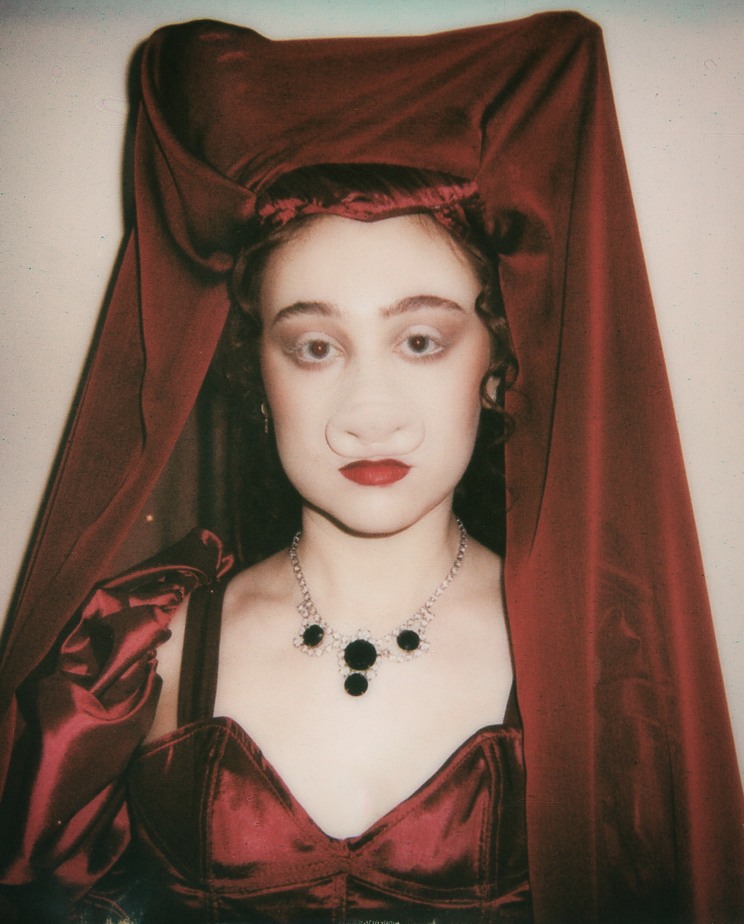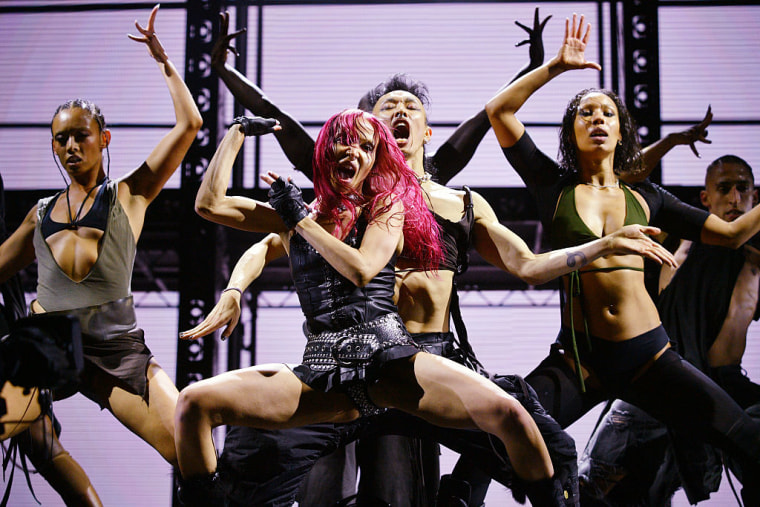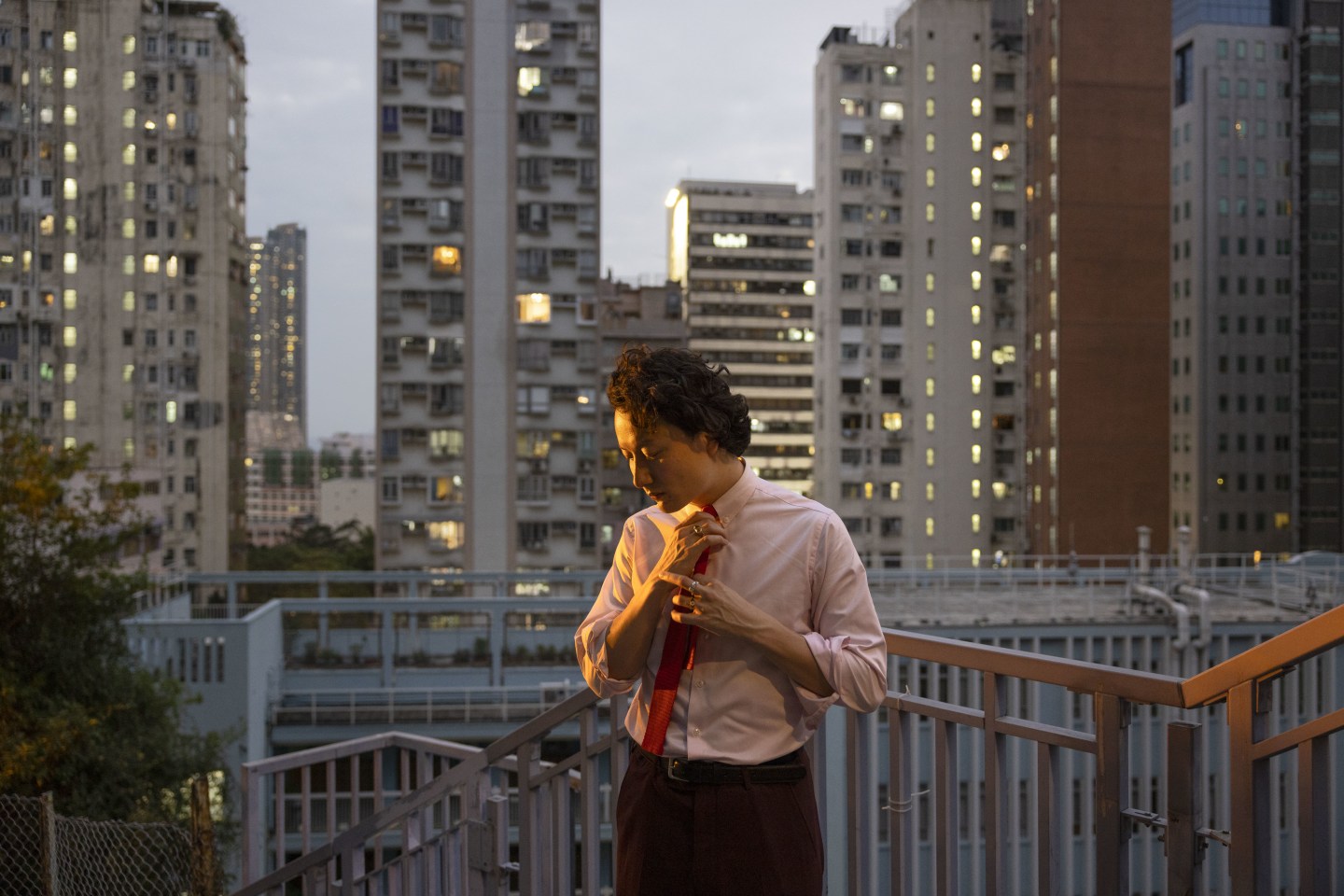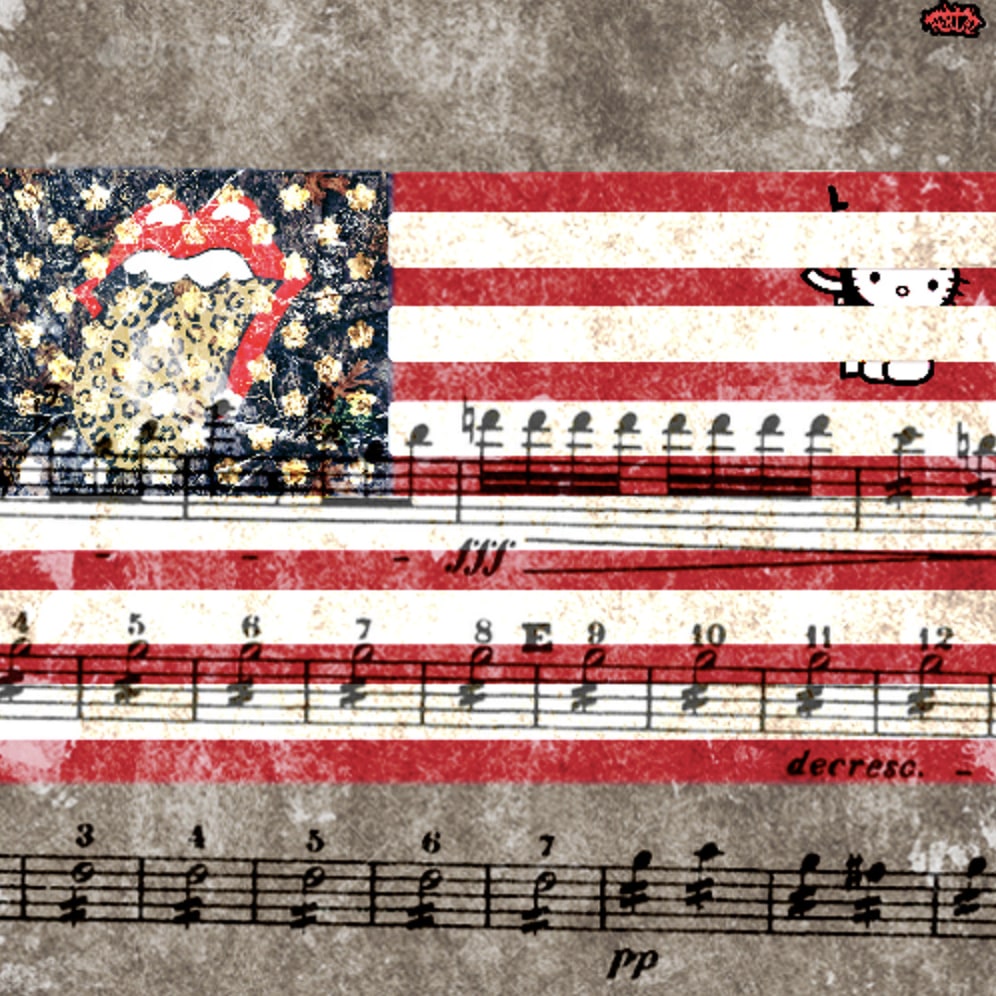Chappell Roan
Ryan Clemens
“This is all I’ve ever wanted. It’s just heavy sometimes,” breakout pop singer Chappell Roan told the crowd at a show in Raleigh last week, pausing a choreographed set of bombastic queer pop anthems. “I just feel a little off today because I think that my career is just kind of going really fast and it’s really hard to keep up. I’m just being honest that I’m just having a hard time today. I’m not trying to give you a lesser show, it’s just, there’s a lot. Thank you for understanding.”
Roan’s rise has been sudden. Her moment of vulnerability on stage in Raleigh came after she had been told an upcoming performance at Bonnaroo would be moved from a side tent to the festival’s main stage, with organizers expecting a huge crowd similar to the one that greeted her at Governors Ball in New York. Her latest single, “Good Luck, Babe,” is rising up the Billboard Hot 100, her Coachella set in April went viral, and she’s coming off of a stint supporting bona fide megastar Olivia Rodrigo on tour. The thirst for her boldly sapphic take on pop is seemingly yet to hit its ceiling.
Roan is not the only one who is rising at lightspeed. Sabrina Carpenter has faced tiresome “industry plant” accusations as her super-catchy disco pop track “Espresso” has made its way to song-of-the-summer status. Tommy Richman, the R&B singer signed to Brent Faiyaz’s ISO Supremacy label, was broadly unknown until he dropped “Million Dollar Baby” back in April and the song debuted at #2 on the Hot 100.
None of these artists appeared out of nowhere. Carpenter is a former Disney child star while Richman’s SoundCloud page has music dating back to 2016. Roan’s debut album, The Rise and Fall of a Midwest Princess, was released independently in September 2023, a couple of years after she was dropped by Atlantic Records.
So while “overnight success” is an inaccurate term, all three do feel like a part of a new raft of artists who have become very famous, very quickly. As Roan says, it delivers everything an artist dreams of but comes at a cost.
Other artists have touched on the impact this switch can make. Pinkpantheress described her breakout year as “overwhelming,” while Olivia Rodrigo opted against moving straight to arenas on tour, saying that “taking things slower was my way of coping.”
There are lots of reasons for the breakneck pace of success these artists have earned, not least good songs, talent, and, as Richman and Roan would attest, resilience. Zoom out a little though and it’s increasingly clear that the rise of “For You”-style social media algorithms is resulting in some sections of the internet reviving an old-fashioned monoculture.
In a 2022 internal memo from late April obtained by The Verge, Tom Alison, the Meta executive in charge of Facebook, outlined plans to start heavily recommending posts from what they describe as “unconnected” sources, i.e. people you haven’t chosen to follow. These come from what is known as their “discovery machine.” Former Twitter owner Jack Dorsey, meanwhile, recently sounded a warning about where this may lead. “We are being programmed based on what we say we’re interested in,” Dorsey said at the annual Oslo Freedom Forum earlier this month. “And we are told through these discovery mechanisms what is interesting.” It would be fair to point out that he could have raised this alarm earlier — before he sold his stock to Elon Musk, for example.
The fact remains, however, that when social media is controlled by algorithms throwing up whatever is popular or being made visible its own suggestions it creates an ouroboros of content. It feels bad for culture but is undeniably helpful for an artist looking to connect with millions of music fans as quickly as possible. Jon Caramanica, formerly of The FADER and now at the New York Times, had it right when he asked how “a format designed for infinite scroll has come to feel so finite.”
If the streaming era created a fractured landscape where audiences were siloed into their own niches, TikTok and both Elon Musk and Meta’s quest to keep pace have created a landscape where the same few trending songs and new faces are being rebounded across screens across the globe. Part of the heaviness Roan touched on in her message could be read as what happens when the internet turns the firehose of attention your way and leaves you with an expectant audience.
It’s not hard to see what exactly these rising artists are “coping” with, as Rodrigo put it. Last week I saw Ethel Cain perform in London. The day of the concert, Cain shared a statement urging her passionately committed fans to behave appropriately and be considerate of one another. The message stemmed from another show at the same venue a week prior at which there had been complaints of overcrowding and overly physical behavior. Digging into reports from that show, it seems there is something of a civil war between the fans who want to watch Cain perform and those they believe are there to use the show as the setting for social media content. Wanting people to hear your music is the dream. Having to police how they behave afterwards is the new reality.
It plagued Mitski’s recent tour, with clips circulating of audience members chiding others for calling her “Mother” and “Queen.” Ironically, in 2022 Mitski had asked fans to use their phones less during her shows. She had previously stepped back from updating her own social media a few years before, seemingly as a way of distancing herself from the white heat of rapid attention.
Clearly, like Mitski and Rodrigo, Chappell Roan is also finding her way of “coping.” The fact that she’s doing it in real time, this publicly, is at least refreshing. The next step, way off in the distance, is making sure young artists have the networks and resources around them to withstand that ride to the top.




